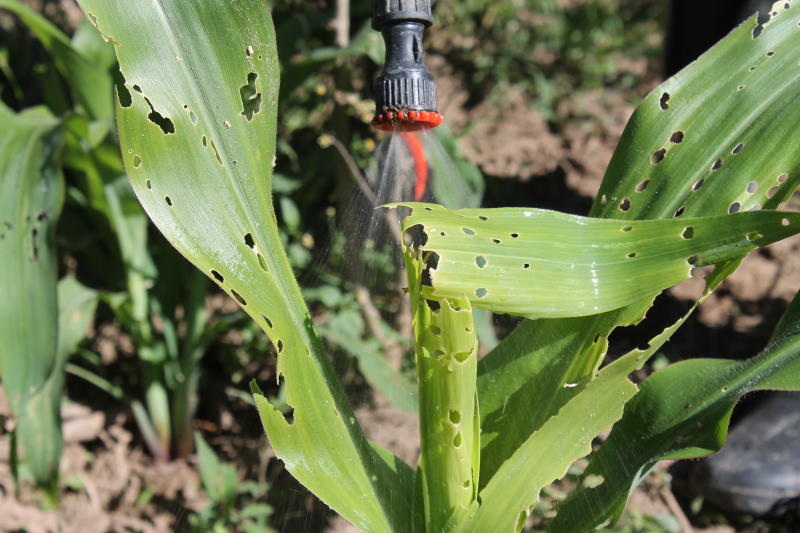×
The Standard e-Paper
Stay Informed, Even Offline

Esther Wairimu, a farmer in Mirera, Laikipia County has nothing to write home about her farming career. Sadly, the vicious fall army worm have slowly robbed her farm the green shine.
Like many farmers, Wairimu was caught unawares when the pest hit her farm- all she remembers was yellowish debris and whitish powder on the leaves of maize plants.